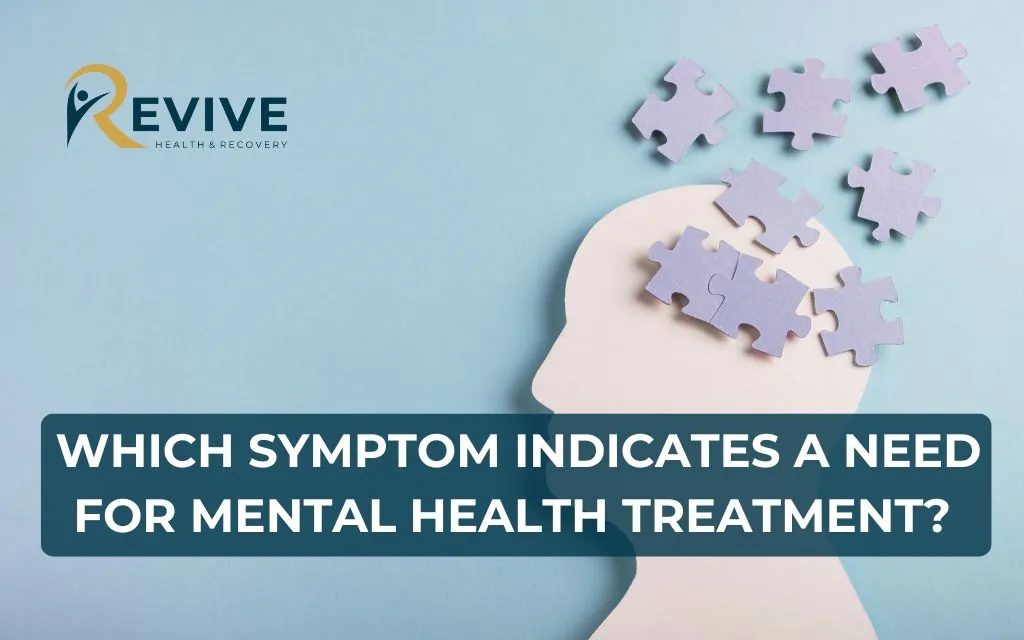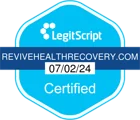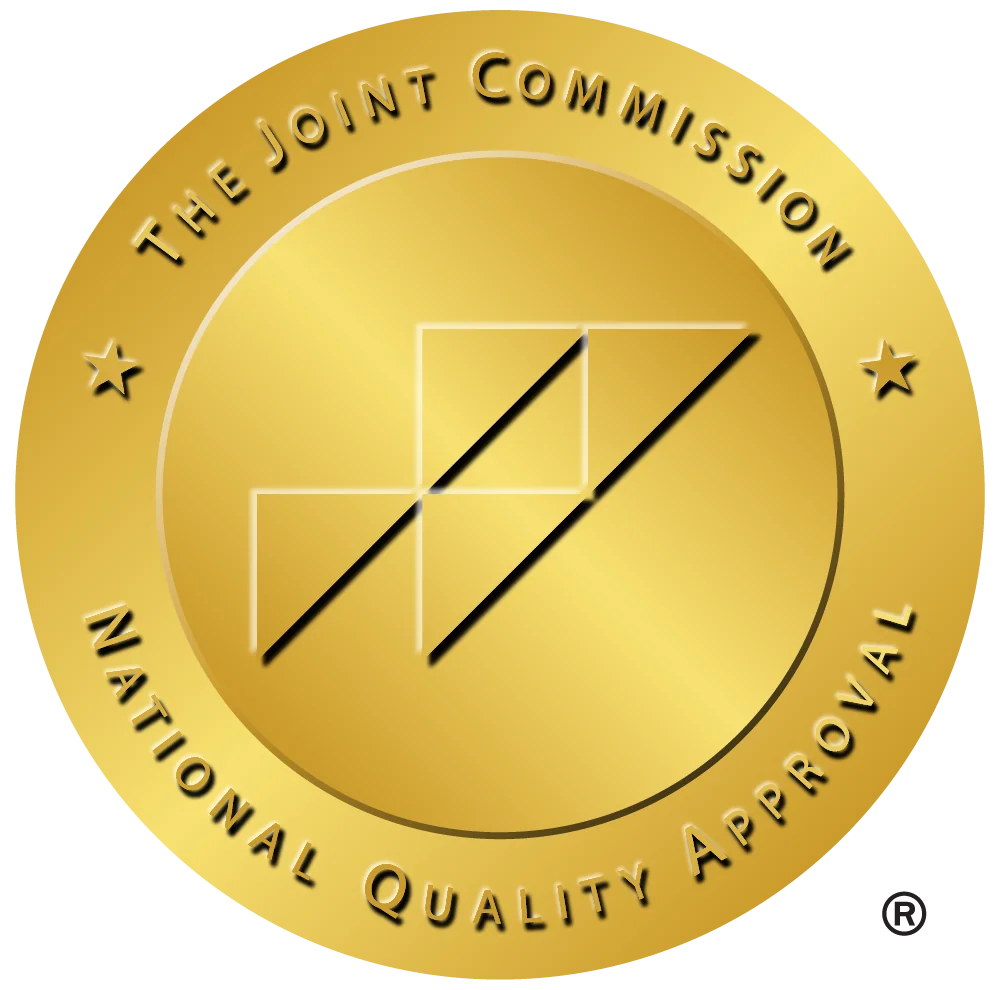Are you wondering which symptom indicates a need for mental health treatment? You’re not alone. Many Denver residents find themselves questioning whether what they’re experiencing is just a temporary rough patch or something that requires professional intervention. Understanding when to seek help is crucial for your wellbeing, especially in Colorado where unique environmental and social factors can impact mental health in specific ways.
Understanding Mental Health Treatment Needs in Colorado
Colorado presents a unique landscape when it comes to mental health challenges. Our state consistently ranks among the highest in the nation for mental health issues, with approximately 20% of adults experiencing some form of mental illness annually. In Denver specifically, the combination of urban stressors, rapid population growth, and high cost of living creates additional pressure on residents’ psychological wellbeing.
What many people don’t realize is that Colorado’s high altitude and distinct seasonal patterns can actually influence mental health. Research conducted by the Colorado Department of Public Health shows that our state’s environmental factors contribute to higher rates of certain conditions, particularly seasonal affective disorder and anxiety.
Understanding which symptom indicates a need for mental health treatment requires distinguishing between normal emotional responses and clinical concerns. While everyone experiences sadness, worry, or stress at times, certain indicators suggest when professional help would be beneficial.
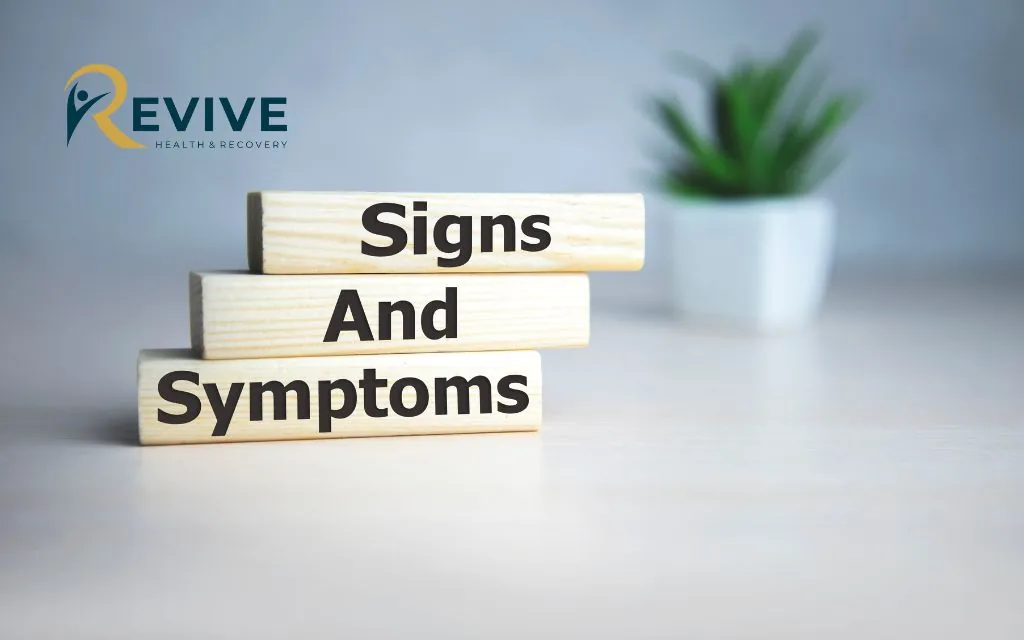
Key Symptoms That Signal the Need for Professional Help
Persistent Changes in Mood and Emotions
When considering which symptom indicates a need for mental health treatment, persistent mood changes are primary indicators. According to DSM-5-TR diagnostic criteria, depression symptoms warrant treatment when they persist for more than two weeks and significantly impact your functioning. These symptoms might include:
- Feeling hopeless or empty most days
- Loss of interest in previously enjoyed activities
- Significant changes in sleep patterns or appetite
- Difficulty concentrating or making decisions
In Denver, anxiety levels requiring professional care often manifest as:
- Excessive worry that’s difficult to control
- Physical symptoms like racing heart, shortness of breath, or tension
- Avoidance of situations that trigger anxiety
- Panic attacks that seem to come out of nowhere
Mood swings and emotional volatility can also indicate a need for treatment, especially when they affect your relationships or daily functioning. According to the National Alliance on Mental Illness Colorado, our state has seen a 24% increase in mood disorder diagnoses over the past five years.
Functional Impairment in Daily Life
Another symptom that indicates a need for mental health treatment is noticeable decline in your ability to function day-to-day. This might include:
- Struggling to maintain performance at work or school
- Withdrawing from friends and family
- Finding it increasingly difficult to complete routine tasks or responsibilities
- Feeling overwhelmed by activities you used to handle easily
Denver’s unique stressors—including long commutes, competitive job market, and high living costs—can exacerbate these functional impairments. A mental health diagnosis often becomes necessary when these difficulties persist despite your best efforts to manage them.
Dangerous Thought Patterns and Behaviors
Perhaps the most critical indicators that treatment is needed are thoughts or behaviors that put your safety at risk. Colorado has one of the highest suicide rates in the nation, making awareness of these warning signs particularly important in our community.
Signs that require immediate intervention include:
- Thoughts of death or suicide
- Self-harm behaviors
- Using substances to cope with emotional pain
- Engaging in risky behaviors with potentially harmful consequences
In Denver, mental health crisis intervention resources are available 24/7, and which symptom indicates a need for mental health treatment is less important than getting help quickly in crisis situations.
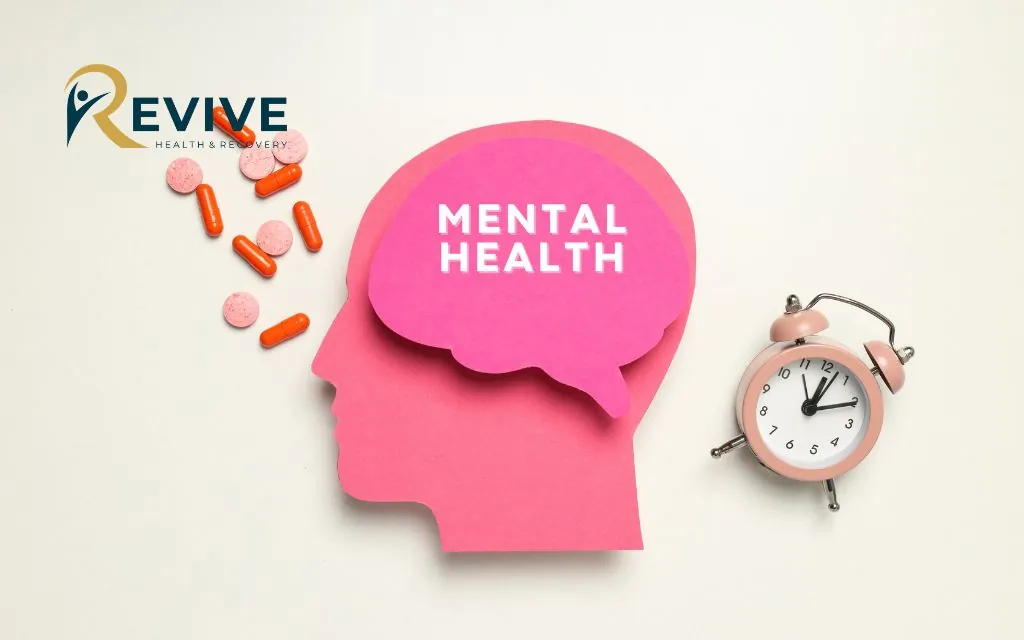
How Mental Health Symptoms Manifest Differently Across Demographics
Age-Specific Warning Signs
Which symptom indicates a need for mental health treatment can vary significantly across different age groups:
Children and adolescents may show:
- Declining school performance
- Behavioral problems
- Social withdrawal
- Physical complaints without medical cause
Colorado’s youth are particularly vulnerable, with our state experiencing a mental health crisis among young people. The innovative “I Matter” program provides free mental wellness screening for youth in our state.
Adults might experience:
- Relationship difficulties
- Work performance issues
- Increased irritability or anger
- Changes in sleep patterns
Seniors often show different signs:
- Memory problems that aren’t typical aging
- Loss of interest in previously enjoyed activities
- Confusion or disorientation
- Unexplained physical ailments
Cultural Considerations in Denver’s Diverse Communities
Denver’s diverse population means that which symptom indicates a need for mental health treatment may present differently across cultural groups. Some communities might express distress more through physical complaints, while others might focus on emotional symptoms.
The Behavioral Health Administration Colorado recognizes these differences and works to provide culturally responsive care. Unfortunately, disparities in treatment access persist, with some communities facing greater barriers to receiving proper psychological assessment and care.
Revive Health Recovery Denver specializes in culturally sensitive approaches to mental health treatment, recognizing that effective care must account for the diverse experiences of our community members.
When Normal Distress Becomes a Clinical Concern
Duration and Intensity as Key Factors
Understanding which symptom indicates a need for mental health treatment often comes down to evaluating how long symptoms have persisted and how intensely they affect you.
As a general guideline:
- Symptoms that last more than two weeks
- Issues that continue to worsen rather than improve
- Distress that feels overwhelming or unmanageable
- Problems that significantly impact multiple areas of your life
Colorado’s dramatic seasonal changes can affect symptom patterns, with many residents experiencing worsening symptoms during winter months or during seasonal transitions. This makes it particularly important to monitor duration of symptoms in our region.
The Role of Functional Impact and Quality of Life
When determining which symptom indicates a need for mental health treatment, consider how your quality of life is affected. Ask yourself:
- Am I able to fulfill my responsibilities at work/school?
- Can I maintain healthy relationships?
- Do I still engage in activities I usually enjoy?
- Is my physical health suffering?
Colorado’s mental health parity laws require insurance companies to cover mental health treatment when specific clinical criteria are met. Understanding the functional impact of your symptoms can help determine if you meet these criteria for coverage.

Getting Professional Assessment in Denver
Types of Mental Health Evaluations
If you’re experiencing symptoms that concern you, various therapy evaluation options are available in Denver:
- Initial screenings: Brief assessments that help identify potential issues
- Comprehensive evaluations: In-depth assessments conducted by mental health professionals
- Specialized assessments: Focused on specific concerns like substance use or trauma
Denver mental health resources include community mental health centers, private practitioners, and specialized programs for different needs. These providers can help determine which symptom indicates a need for mental health treatment in your specific situation.
Understanding Diagnostic Criteria
Mental health professionals use standardized frameworks like the DSM-5-TR to determine when symptoms warrant clinical intervention. This process typically involves:
- Evaluating symptom type, duration, and severity
- Assessing impact on functioning
- Considering family history and other risk factors
- Ruling out medical causes for symptoms
Colorado practitioners may also consider region-specific factors that affect mental health, such as altitude, population density, and community resources when conducting a psychiatric evaluation criteria assessment.
Treatment Options for Different Mental Health Needs
Outpatient Services and Therapy Approaches
Once you’ve determined which symptom indicates a need for mental health treatment, various outpatient options are available:
- Individual therapy (approaches like cognitive-behavioral therapy, EMDR, etc.)
- Group therapy for specific concerns
- Medication management with psychiatrists or other prescribers
- Combination approaches tailored to your needs
Denver offers a wide range of outpatient mental health providers specializing in different behavioral health indicators and treatment approaches.
Intensive Treatment Programs
For more severe symptoms, intensive programs provide higher levels of support:
- Partial hospitalization programs (daily treatment during business hours)
- Intensive outpatient programs (several hours of treatment multiple days per week)
- Residential programs for 24-hour structured support
In Denver, several facilities offer these more intensive options when outpatient care isn’t sufficient. The right level of care depends on which symptom indicates a need for mental health treatment in your case and how significantly it impacts your functioning.
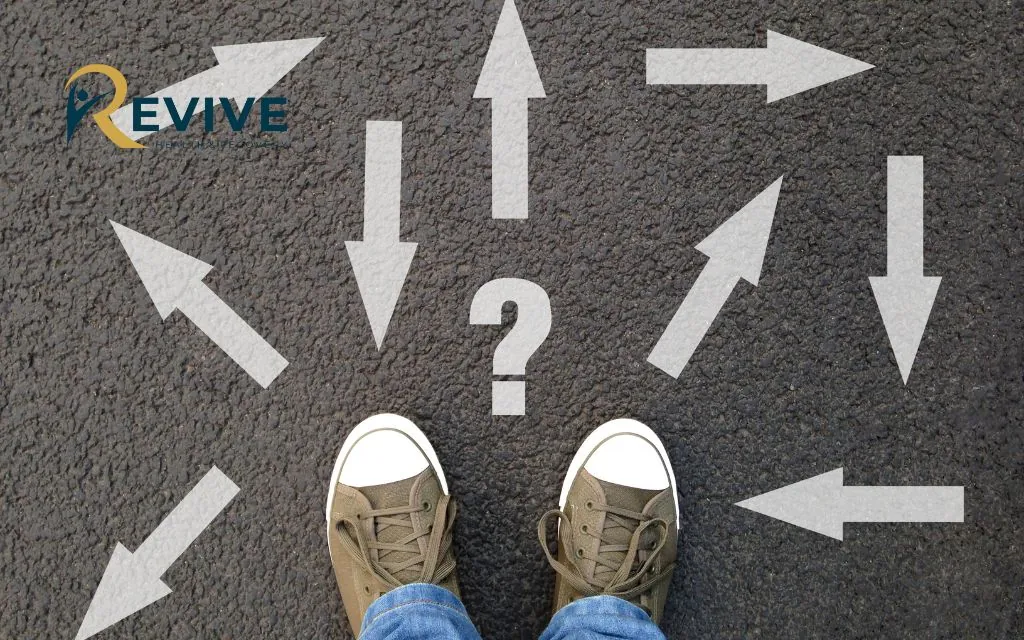
FAQs About Which Symptom Indicates A Need For Mental Health Treatment
How do I know if my anxiety is normal or needs treatment?
Normal anxiety is typically temporary and related to specific stressors. Anxiety requiring treatment is persistent, excessive compared to the situation, and interferes with daily functioning. In Denver, Revive Health Recovery provides expert assessment to determine if your anxiety symptoms warrant professional intervention.
Can I get diagnosed with a mental health condition without going to a psychiatrist in Denver?
Yes, licensed psychologists, clinical social workers, and professional counselors can all diagnose mental health conditions in Colorado. Revive Health Recovery offers comprehensive evaluations with various qualified professionals based on your preferences and needs.
Does insurance cover mental health treatment if I’m not in crisis?
Yes, under Colorado’s mental health parity laws, insurance must cover treatment for diagnosed mental health conditions regardless of crisis status, though coverage details vary by plan. For specific information about your coverage, contact Revive Health Recovery for assistance.
What’s the difference between feeling sad and clinical depression?
Sadness is a normal emotion that’s usually temporary and tied to specific events. Clinical depression involves persistent low mood, loss of interest or pleasure, and other symptoms that significantly impact functioning for at least two weeks. Revive Health Recovery’s assessment process can help distinguish between normal emotions and clinical concerns.
How long should I wait to see if my symptoms improve before seeking help?
Generally, if mental health symptoms persist for more than two weeks without improvement, it’s appropriate to seek professional evaluation. However, if you’re experiencing thoughts of suicide, self-harm, or are unable to function, seek help immediately. Revive Health Recovery offers prompt assessments for Denver residents concerned about their mental health.
Taking the Next Step: Reaching Out for Help in Denver
Recognizing which symptom indicates a need for mental health treatment is just the first step. Taking action can feel overwhelming, but you don’t have to navigate this journey alone. Here’s how to connect with Revive Health Recovery:
- Call our 24/7 helpline: Our compassionate team is available around the clock at (303) 268-4655 to answer your questions and guide you through the next steps.
- Schedule an initial assessment: We’ll work with your schedule to find a convenient time for a comprehensive evaluation of your symptoms and needs.
- Verify insurance coverage: Our team can help determine your insurance benefits for mental health services.
- Begin your personalized treatment: Based on your assessment, we’ll develop a tailored plan to address your specific challenges.
5 Reasons to Choose Revive Health Recovery for Your Mental Health Needs
- Expert, Compassionate Care: Our team combines clinical expertise with genuine compassion to provide the highest quality of care.
- Comprehensive Services: We offer a full spectrum of mental health services in one convenient location.
- Evidence-Based Approaches: Our treatment methods are grounded in proven techniques tailored to your unique needs.
- Supportive Community: Join a community of individuals committed to mental health and recovery.
- Convenient Location: Our facility at 1427 S Federal Blvd, Denver, CO 80219 is easily accessible and designed for your comfort.
Conclusion: Your Journey to Better Mental Health Starts Here
Understanding which symptom indicates a need for mental health treatment is crucial for your wellbeing. If you’re experiencing persistent mood changes, functional impairment, dangerous thought patterns, or any symptoms that concern you, professional help can make a significant difference in your quality of life.
At Revive Health Recovery, we’re committed to supporting Denver residents through every step of their mental health journey. Our Colorado Metal Health’s Support team understands the unique challenges faced by Colorado communities and provides specialized care to address these needs.
Don’t wait to get the support you deserve. Contact Revive Health Recovery today at (303) 268-4655 or email contact@revivehealthrecovery.com to begin your path to improved mental wellbeing. Our team is available 24/7 to answer your questions and guide you toward the appropriate care for your situation.
Your mental health matters, and effective treatment is available right here in Denver.
